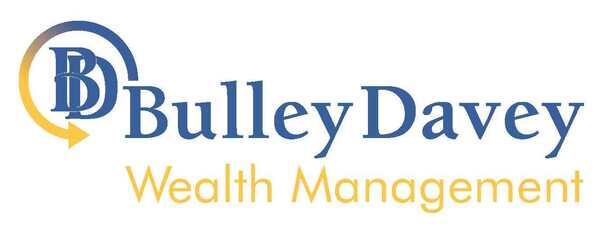As a small business owner, it’s easy to overlook the fact that you are the one holding your creations together.
If something happens to you – whether the predictable and unpredictable – then it’s essential to be aware of what contingencies are in place.
To safeguard the future of your business, it’s vital to prepare for events that could otherwise derail your hard work.
In this blog, we explore crucial protective measures for ensuring the resilience and continuity of your enterprise.
Shareholder protection
When a shareholder, including yourself or family members, exits unexpectedly, it can jeopardise business stability.
Shareholder protection insurance becomes crucial in these scenarios, providing the means for the remaining shareholders to buy the departing member’s interest.
This not only keeps the company’s control within the existing leadership but also prevents the need to liquidate assets or take on debt to cover the cost of the shares.
What we advise:
- Draft a legally binding shareholders’ agreement that outlines the process for share purchase in the event of a shareholder’s departure.
- Regularly assess the value of the business to ensure your insurance coverage matches the company’s worth.
- Consider the tax implications of shareholder protection and structure it in a way that is efficient for all parties involved.
Critical illness cover for business owners
Illness doesn’t discriminate, and as a business owner, your presence is often critical to the operation of your enterprise.
It’s quite likely that you deal with essential business activities yourself, or at least provide key oversight and delegation to keep the business running fluidly.
To protect the business in your absence, critical illness cover ensures that if you’re unable to work, your business won’t suffer.
The policy pays out a lump sum, which can be used to cover your loss of earnings, fund a temporary replacement, or cover losses related to business operations.
What we advise:
- Select a critical illness policy that covers a comprehensive range of illnesses and aligns with your business needs.
- Understand the policy details, including what constitutes a claimable condition, so you’re not caught off guard.
- Keep the cover updated in line with any changes in your personal health or business structure.
Retirement planning
Thinking about retirement is critical for long-term business planning. Effective retirement planning ensures you have the financial security to leave your business when you choose.
If you don’t plan for this, you may find that your business still relies on your involvement as you head into retirement – and it might not feel like much of a retirement at all!
This involves setting up pension schemes, investing in retirement savings, and creating an exit strategy that supports your personal and business goals.
Consider different ways of relinquishing control of your business, such as placing it into trust or granting ownership to long-term colleagues or family members.
What we advise:
- Start retirement planning early to leverage compound interest and tax benefits.
- Explore various retirement savings options to find the best fit for your financial situation.
- Craft a detailed business exit strategy that considers the market conditions and your retirement goals.
Emergency plans for key persons
The sudden loss of a critical person can be a major setback. Emergency planning, including key person insurance, can provide financial support to mitigate the impact.
This works much like critical injury cover but applies to the key person, not oneself.
The purpose of this cover is similar: covering the loss of profits or the cost of finding and training a replacement, ensuring the business maintains operational continuity.
What we advise:
- Identify personnel the business relies on and take out key person insurance policies appropriate to their role and impact on the business.
- Develop a comprehensive succession plan that includes interim measures in case of sudden departures.
- Regularly review and update your emergency plans to reflect current business operations and personnel changes.
Final thoughts
Foresight and preparation are key to protecting your small business, aiming not just to survive but to thrive and maintain your legacy.
Seeking the right financial advice tailored to your specific circumstances can make all the difference in building a strong foundation for your business.
Bulley Davey can help you plan for both the predictable and unpredictable aspects of running a business, putting contingencies in place to keep the wheels turning no matter what life throws at you.
